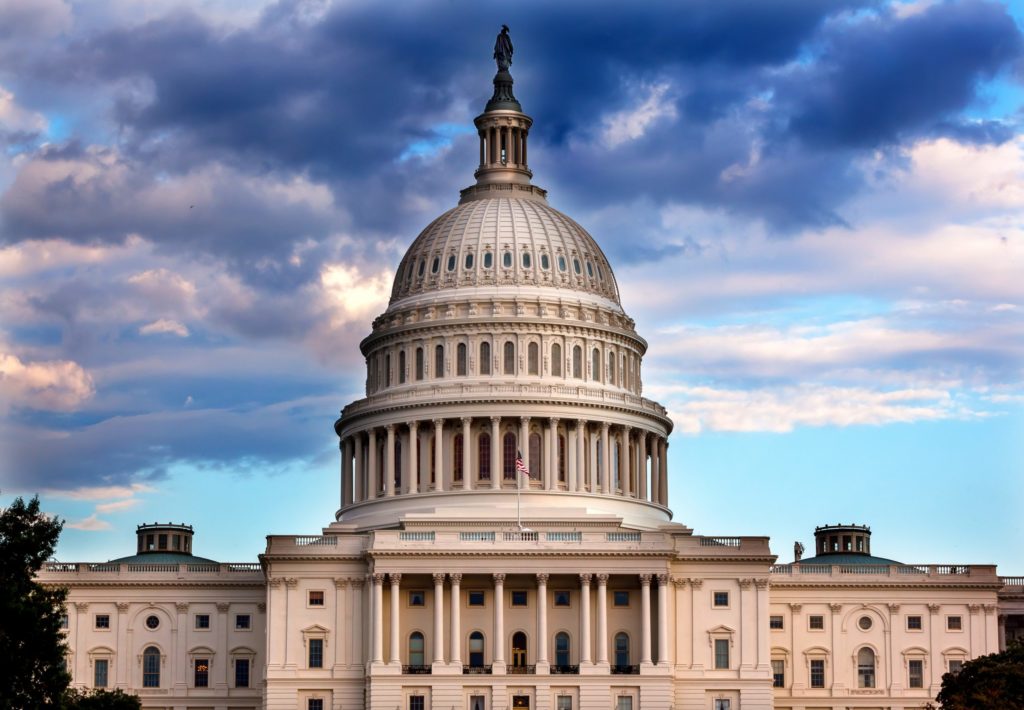What the peanut salmonella case teaches us about overcriminalization
Brothers Stewart and Michael Parnell — the company owner and buyer at the center of the salmonella-tainted peanut scandal that killed nine people in 2008 and 2009 — will both face long prison sentences following their convictions on federal charges last week. But the specific way that the brothers will face justice ought to raise some questions for anyone concerned about laws that have granted too much arbitrary power to courts and prosecutors. Quite simply, the Parnells are being prosecuted and sentenced for technical wrongs when their actual crime was much worse.
Food Safety News, a trade publication that provided the most knowledgeable and in-depth coverage of the trail, puts it simply: “At no point did the government charge the defendants with being responsible for the deaths or injuries that resulted from the outbreak.” The only issues heard in the Georgia courtroom involved lying on paperwork and shipping unsafe products.
Such things should obviously be illegal. That said, civil sanctions, administrative penalties and fines can do far more to discourage firms from doing them than criminal charges. It’s easier to levy such penalties than it is to get a criminal conviction, and the tools available to civil authorities, such as the ability to close plants and seize goods, do more to protect the public than a criminal trial could. The existence of laws allowing for stiff jail sentences for what are essentially paperwork violations likely give prosecutors the power to lock up almost anyone in the food business. That’s more power than the government should have.
In particularly egregious cases of food-safety breaches — and the Parnells’ behavior was egregious — criminal charges are appropriate. But, in these cases, it’s much better and fairer to try malefactors for the harm they do rather than technical wrongs: In this case, with nine people dead and hundreds more made ill, state prosecutors could have easily charged both brothers with manslaughter and assault. The charges might have been a little harder to prove and the trial would have take place in a state court rather than a federal one. But such a process would do far more to serve the interests of justice.









